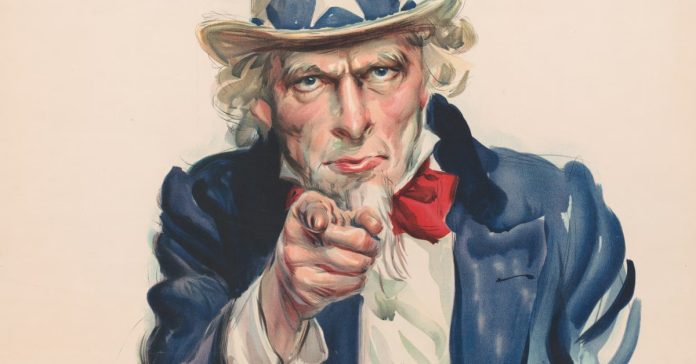“If you’re not concerned … you haven’t been paying attention …” This phrase has been used quite a bit since a certain U.S. president enforced family separation, but it’s time to dust it off yet again.
I am a former public servant, and I do think the government has a responsibility to oversee the crypto sector. But the recent regulatory moves – including orders from the Federal Reserve and executive branch designed to end the banking of crypto firms, an ongoing lawsuit against the most reliable U.S. exchange, Coinbase, and a more aggressive stance from Congress – are not appropriate.
Keiko Yoshino is the executive director of the Puerto Rico Blockchain Trade Association.
President Joe Biden’s Economic Report, released Monday, was a clear signal of how his administration views digital currencies. When you add in the Federal Deposit Insurance Corporation’s effort to target Signature Bank for having crypto assets, it’s nothing short of misuse of power.
In 2008, the U.S. Treasury Department splashed out $245 billion to bail out banks. This meant creating more money, which led to inflation and a recession. I was one of the thousands of people who couldn’t get a job after college and had to move back home before going to grad school. This year is looking like a rerun of the same. Last week, the Fed increased its balance sheet by $300 billion, bringing its total debt to $8.6 trillion.
Crypto wasn’t only born from the financial crisis, but it’s also become a viable alternative. I use crypto because the dollar is inflationary. Period. In Puerto Rico, a dozen eggs cost $7.50, and it won’t be long before that price moves up to $10. That should be good enough reason to consider other forms of currency.
There are plenty of reasons for “why crypto” and even more misinformed reasons put forth by banks and the government as to why it should be disconnected from traditional finance. But let’s imagine an alternative currency that is inflation-resistant, can be stored securely on our phones, and sent to anyone without a fee. Wouldn’t that be worth looking into? I think so.
Change is hard. But making the same mistakes over and over is worse. We have already been through the consequences of putting all our savings in banks and losing them in 2008. I’m not saying we should make crypto the official currency tomorrow, but we should not be going to war against it. We should not be discouraging banks from holding it or people from buying it if they want to. We should not be blocking innovation.
Benjamin Franklin said, “Those who would sacrifice essential Liberty, in order to purchase a little temporary Safety, deserve neither Liberty nor Safety.”
You don’t even have to be invested in crypto to be angry about the inflation we are likely to face or the government’s attempts to curb the sector. You just have to be paying attention.

